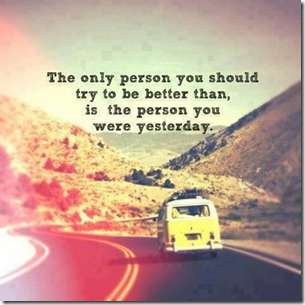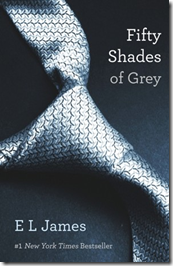Bloomingdale’s sucks. Whole Foods does not.
/On Tuesday my wife was in Bloomingdales in Manhattan, attempting to make a purchase, when our debit card was declined. It turns out that the bank put a hold on the card because of possibly fraudulent activity. When the card was processed as a credit card, it went through fine, but if it was processed as a debit card, it was declined.
The woman at the register in Bloomingdales was impatient and impolite to my wife, making her feel as if she was trying to pass off a stolen credit card.
She was too kind and forgiving to mention this to anyone, but I am not as kind and not nearly so forgiving.
Contrast that experience to the following day, when this happened, written in my wife’s own words:
This afternoon I was at Whole Foods picking up some groceries. Before checking out I went to buy a latte and discovered that my credit card wasn't working. I knew it shouldn't be the case so I stepped to the side to call the bank. I was on with the bank for quite some time, and the bank employee kept telling me it should be fixed and to try it again, but each time to no avail.
I had Charlie in his carrier and a carriage full of groceries that I knew I was going to have to leave at the market soon. It was snowing and I had to pick Clara up from preschool. At this point a Whole Foods employee came over and asked if I had any more shopping to do. I said that I was also going to get a rotisserie chicken. She walked away and returned with two chickens and asked which one I would prefer. Then she began bagging up my groceries.
I was still talking to the bank so it took me a minute to realize what she was doing. When I looked up she said, "Don't worry. We've got this for you."
I said, "Wait, what? You are giving these to me?"
She answered that she was, and of course I got all teary told her she didn't need to do that. She said, "It's no problem. It's snowing. We've got it."
So there you go. Some pretty awesome kindness from Whole Foods.
You can be sure I'll be making a nice donation to their charity next time I check out.
Customer loyalty is not a difficult thing to earn.
For years, I have been critical of Whole Foods for their outrageous prices, limited selection, and the sheer weight of preciousness and pretension that the company and their clientele exudes. It’s a store that sells some of the best pizza in town, and yet they will not sell me a Diet Coke to go along with my pizza. Instead, I am forced to purchase a soda-like product that tastes as if it was extracted from the bark of a tree (and probably was).
It’s stupid.
Not deigning to sell otherwise ubiquitous items like Diet Coke or batteries only forces customers into the inane (and exceedingly popular) process of shopping at multiple grocery stores, which only serves to waste time and money.
And it makes you seem like a bunch of self-righteous foodie bustards in the process.
But after they way they treated my wife yesterday, I will be decidedly less vocal about my opposition to Whole Foods. I love their pizza but am not a fan of their business model, but the company employs good people who know how to take care of customers in need, and for that reason, I will give them the credit they deserve.
Well done, Whole Foods. Thank you for taking care of my wife in such grand fashion.








